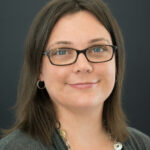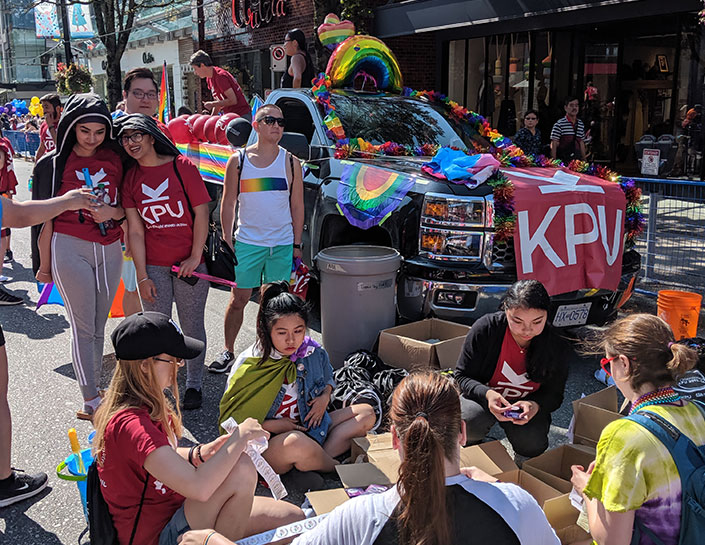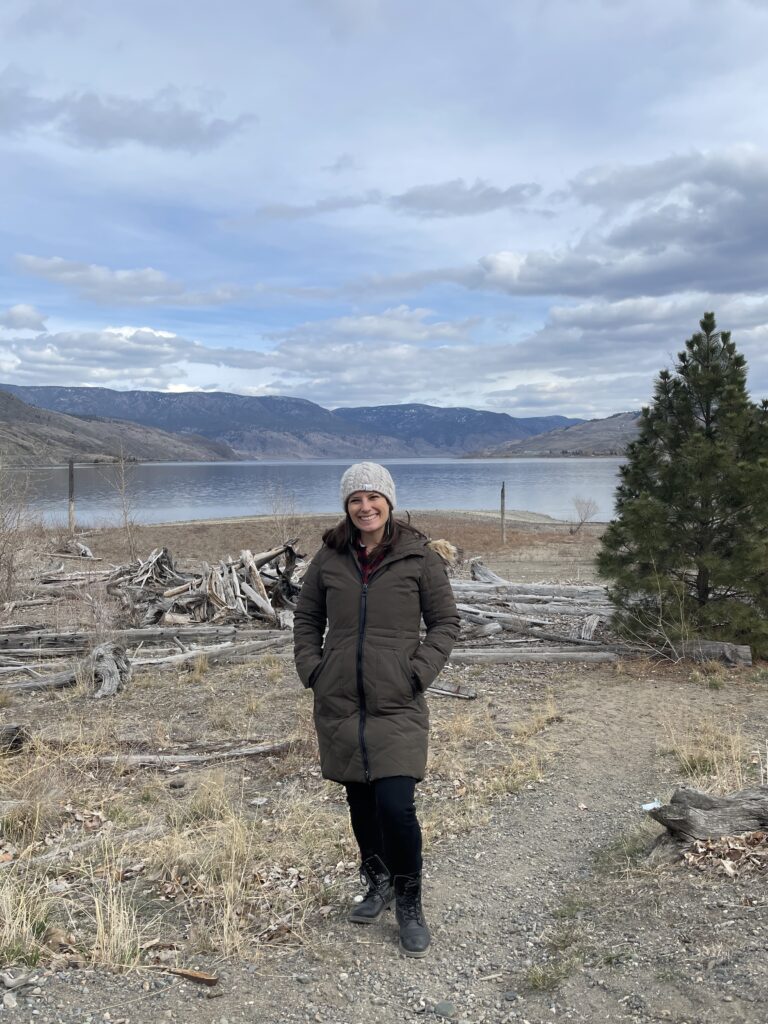From practitioner to researcher: My journey from open education advocate to research fellow
“Do I really have to buy the textbook?”
That question echoed in my ears in my first semester of teaching at KPU. I lost count of how many times students would ask me if they really had to buy the textbook. Each time I answered “yes,” I felt uncomfortable. The textbook was expensive (around $100), and I could see the stress and strain that purchasing it (or not) was having on my students. However, the students in my classes were not alone.
In recent years, there has been a proliferation of “textbook broke” campaigns, large efforts to develop open educational resources (OERs) all around the world, and a growing number of studies exploring the costs, outcomes, uses, and perceptions of OERs compared to commercial textbooks (such as Jhangiani et al. (2018) and Jhangiani & Jhangiani (2017)). In response, KPU has recognized the immense barriers that high textbook costs pose for students and has developed 8 “Zero Textbook Cost” (“ZTC”) programs and more than 800 ZTC courses.
Since my first semester at KPU nearly five years ago, my interest in open education has grown exponentially. While I was initially curious about OERs, I became hooked on the possibilities and seemingly limitless potential of open pedagogy, which consists of teaching practices related to OERs and which help students become co-creators of knowledge, rather than just consumers. (Hegarty (2015) provides a comprehensive description of eight attributes of open pedagogy.) As I learned more, I discovered there was a dearth of research on perceptions—on the part of faculty and students—towards open pedagogy. There was some research, but not a whole lot.
My profound curiosity about the transformative effect that open education could have on students and faculty led me to apply for KPU’s inaugural Open Education Research Fellowship. On January 1, 2020, I began my term and started planning my KPU Research Ethics Board-approved study to explore the perceptions of KPU faculty and students towards this open education practice.
Embarking on my first research study as the principal investigator was exciting, though I quickly realized I needed to scale back my project because (1) Hi, research newbie here! and (2) the then emerging COVID-19 pandemic was turning the world upside down. Though my data collection ended up being delayed by several months and my entire project is now wrapping up a year later than expected, I am excited by my study results and the opportunities this Fellowship provided.
In my study, I conducted surveys of eight KPU faculty who taught using open pedagogical practices in the Spring and/or Summer 2021 semesters. I also conducted surveys of their students and received 55 student responses. My mixed methods study was two-pronged. I designed it as such to compare and contrast the experiences and perceptions of faculty against those of students. Could there potentially be a disconnect? Anecdotally, I hear from students that open pedagogy is great. I know many faculty members feel that way too. However, what if these voices are simply louder than the beliefs or thoughts of the group as a whole?
My results showed there wasn’t a disconnect between faculty and student perceptions of open pedagogy. Faculty and students alike were overwhelmingly positive in describing their experiences with open pedagogy. Key findings included that students and faculty found learning was deeper, more meaningful, more engaging, and more relevant for students compared to traditional learning activities such as quizzes, tests, exams, and essays. Though faculty and students did experience some challenges with open pedagogy, the results were consistent with challenges highlighted in previous studies.
In conducting my study, I was fortunate to receive some project funding from KPU’s Scholarly Inquiry Grant program (now called the Teaching & Learning Innovation Fund), as well as professional development funds from the KPU Open Education Office. With their support, I presented my study results at the 2021 Open Education Conference. I was an invited presenter at KPU’s first Open Education Research Institute earlier this year, and I also presented at the 2021 Open Education Global Conference and the 2021 Athabasca University Graduate Student Conference. I’m now hoping to write and submit my project results for publication.
During my time as Open Education Research Fellow, I learned an immense amount about open education, open pedagogy, developing and completing a research study, analyzing results, the value and impact of mentorship and support, and more. It’s hard to put into words how much this experience has changed me, helping me to grow as a researcher, as a teacher, and as a lifelong learner. One tangible outcome is that it pushed me to begin my Doctor of Education in Distance Education at Athabasca University with a goal to do my dissertation research on open education and open pedagogy. Overall, this Fellowship has been a catalyst for my professional development.
I am deeply and immensely grateful for the mentorship I received from Dr. Rajiv Jhangiani and for the support from Urooj Nizami, Foluso Fagbamiye, Cathy Parlee, Dr. Farhad Dastur, Dr. Tara Lyons, and the members of the KPU Open Education Working Group. My project would not have been possible without their support, encouragement, and assistance.

Melissa Ashman
Melissa Ashman is an instructor in the Melville School of Business. She is an advocate for open education and was the 2020 Open Education Research Fellow at KPU.





